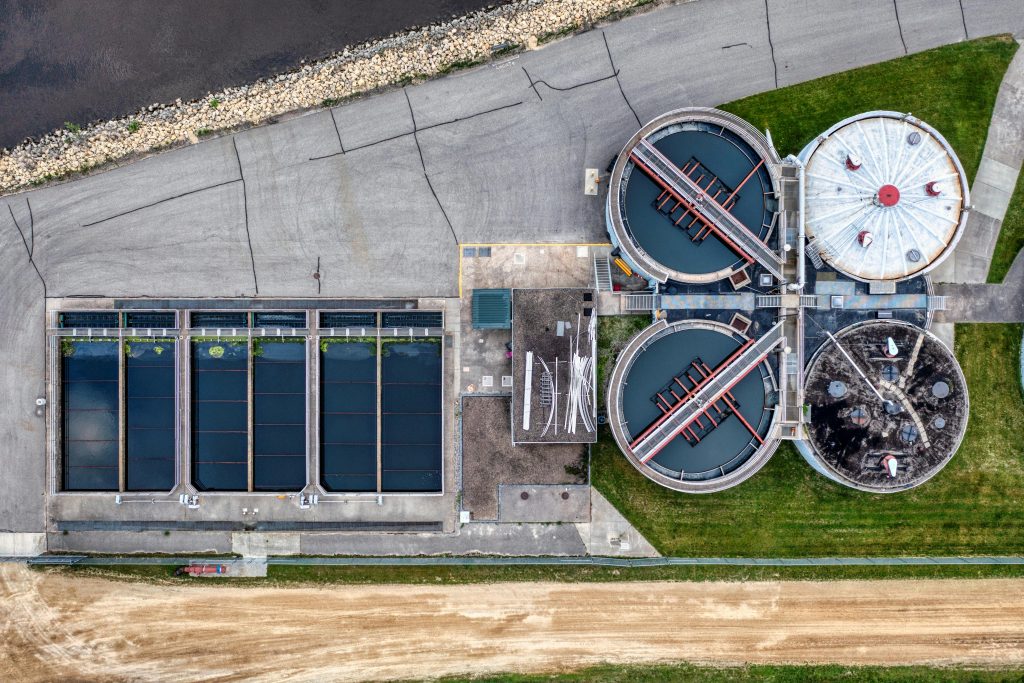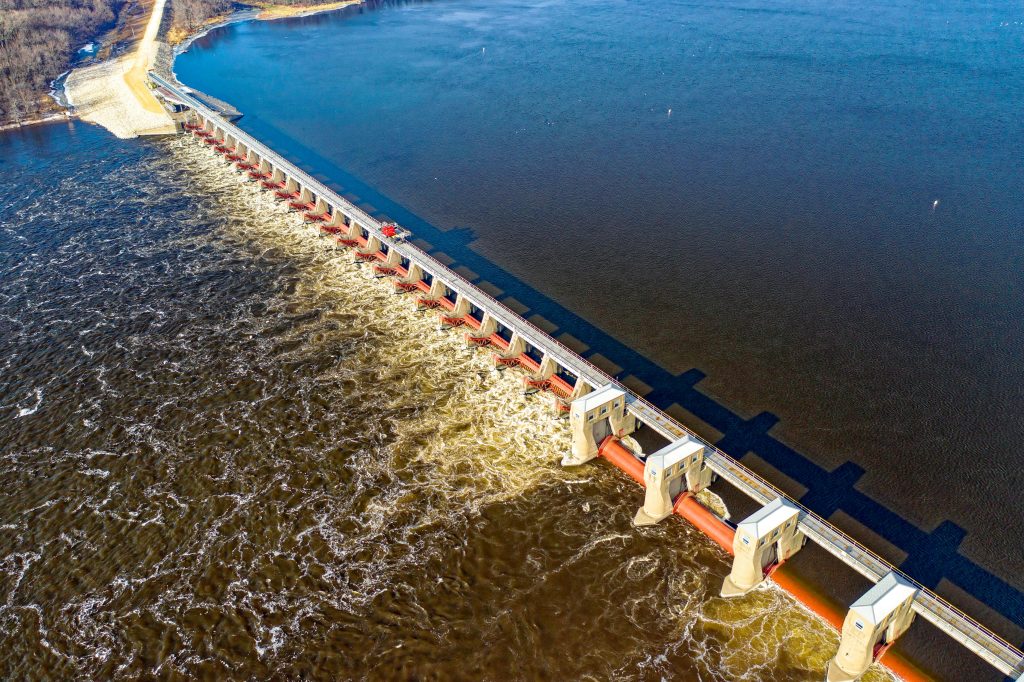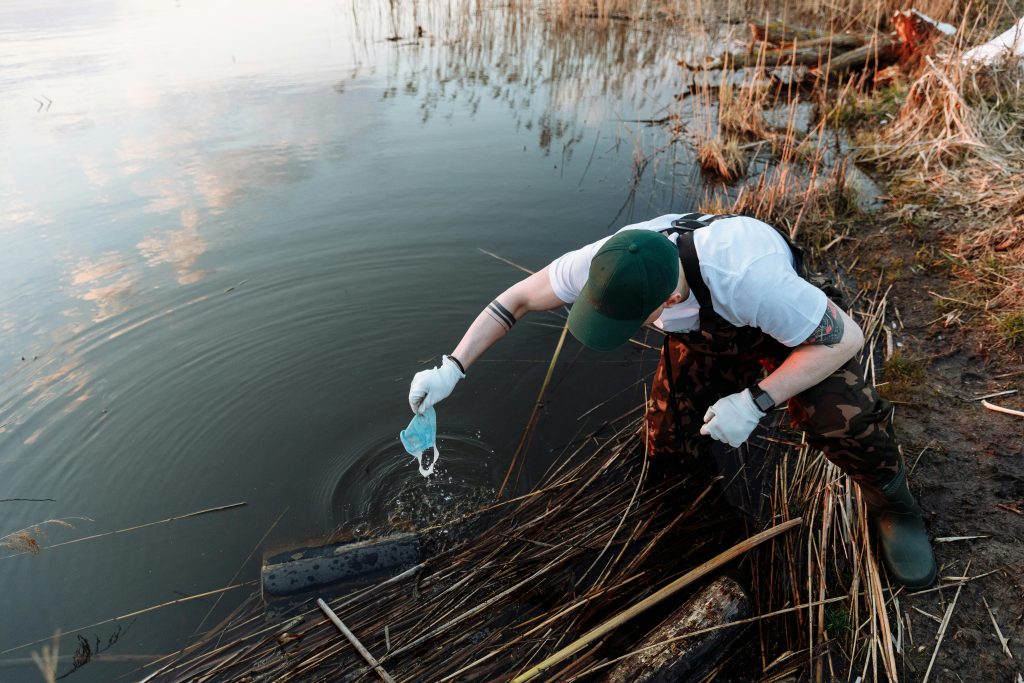Water is one of the most vital resources on our planet, yet its availability is increasingly under threat due to climate change, population growth, and industrial demands. Sustainable water management has become a critical priority for governments, industries, and communities worldwide. By adopting innovative strategies and technologies, organizations can ensure efficient water use, reduce waste, and contribute to a greener future. This article explores sustainable water management strategies, focusing on eco-friendly practices, advanced technologies, and the role of industries in shaping a water-secure future.
The Importance of Sustainable Water Management
Water scarcity affects over 40% of the global population, and this number is expected to rise as demand continues to outpace supply. Industries, agriculture, and urban areas are the largest consumers of water, making it essential to implement sustainable practices that balance economic growth with environmental preservation. Sustainable water management involves optimizing water use, reducing pollution, and ensuring the long-term availability of clean water for future generations. It also plays a crucial role in addressing climate change, as water systems are deeply interconnected with ecosystems and weather patterns.
Key Strategies for Sustainable Water Management
Water Recycling and Reuse
One of the most effective ways to conserve water is through recycling and reuse. Advanced treatment technologies enable industries and municipalities to treat wastewater and repurpose it for non-potable uses such as irrigation, cooling systems, and industrial processes. This reduces the demand for freshwater sources and minimizes wastewater discharge into natural ecosystems.

Rainwater Harvesting
Rainwater harvesting is a simple yet powerful strategy to supplement water supply. By collecting and storing rainwater, communities and industries can reduce their reliance on groundwater and surface water sources. This practice is particularly beneficial in regions with irregular rainfall patterns.
Smart Water Management Systems
The integration of IoT (Internet of Things) and AI (Artificial Intelligence) in water management has revolutionized how water resources are monitored and controlled. Smart sensors and data analytics enable real-time tracking of water usage, leak detection, and predictive maintenance of infrastructure. These systems help optimize water distribution and reduce losses due to leaks or inefficiencies.

Desalination Technologies
Desalination, the process of converting seawater into freshwater, is becoming increasingly important in water-scarce regions. While traditional desalination methods are energy-intensive, advancements in technology are making the process more efficient and environmentally friendly. Solar-powered desalination plants, for example, offer a sustainable solution for coastal areas.
Eco-Friendly Water Treatment
Traditional water treatment methods often involve chemicals that can harm the environment. Eco-friendly alternatives, such as biofiltration and phytoremediation, use natural processes to purify water. These methods are not only sustainable but also cost-effective in the long run.
The Role of Industries in Sustainable Water Management
Industries are among the largest consumers of water, making their role in sustainable water management crucial. By adopting water-efficient technologies and practices, industries can significantly reduce their water footprint. Some key initiatives include:
- Zero Liquid Discharge (ZLD): ZLD systems ensure that no wastewater is discharged from industrial plants. Instead, all water is treated and reused, minimizing environmental impact.
- Water-Efficient Processes: Industries can optimize their operations to use less water, such as adopting closed-loop cooling systems and dry processing methods.
- Corporate Water Stewardship: Companies can engage in community water conservation projects and collaborate with governments and NGOs to promote sustainable water practices.
The Future of Sustainable Water Management
The future of water management lies in the integration of technology, policy, and community engagement. Here are some trends to watch:
AI and Big Data for Water Optimization
AI and big data analytics will play a pivotal role in predicting water demand, identifying inefficiencies, and optimizing water distribution networks. These technologies will enable smarter decision-making and resource allocation.
Decentralized Water Systems
Decentralized water systems, such as small-scale treatment plants and community-based rainwater harvesting, will become more prevalent. These systems reduce the strain on centralized infrastructure and enhance resilience to climate change.
Policy and Regulation
Governments worldwide are implementing stricter regulations to promote sustainable water use. Policies such as water pricing, incentives for water-efficient technologies, and penalties for overuse will drive industries and communities to adopt sustainable practices.
Public Awareness and Education
Raising awareness about water conservation and sustainable practices is essential for long-term success. Educational campaigns and community programs can empower individuals to contribute to water sustainability.

Conclusion
Sustainable water management is no longer a choice but a necessity for ensuring the availability of clean water for future generations. By adopting innovative strategies such as water recycling, smart systems, and eco-friendly treatment methods, industries and communities can reduce their water footprint and contribute to a greener future. The integration of technology, policy, and community engagement will be key to achieving water security and resilience in the face of growing challenges. The future of water management is sustainable, and those who embrace these strategies will lead the way in building a water-secure world.
References
- “The Role of IoT in Water Management” – IoT Analytics
- “Sustainable Water Management in Industries” – World Resources Institute
- “Advancements in Desalination Technologies” – ScienceDirect
- “Eco-Friendly Water Treatment Methods” – Environmental Protection Agency